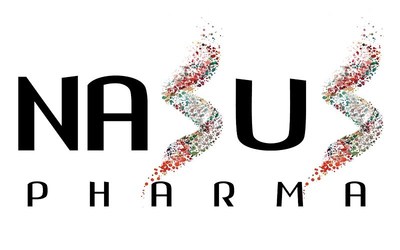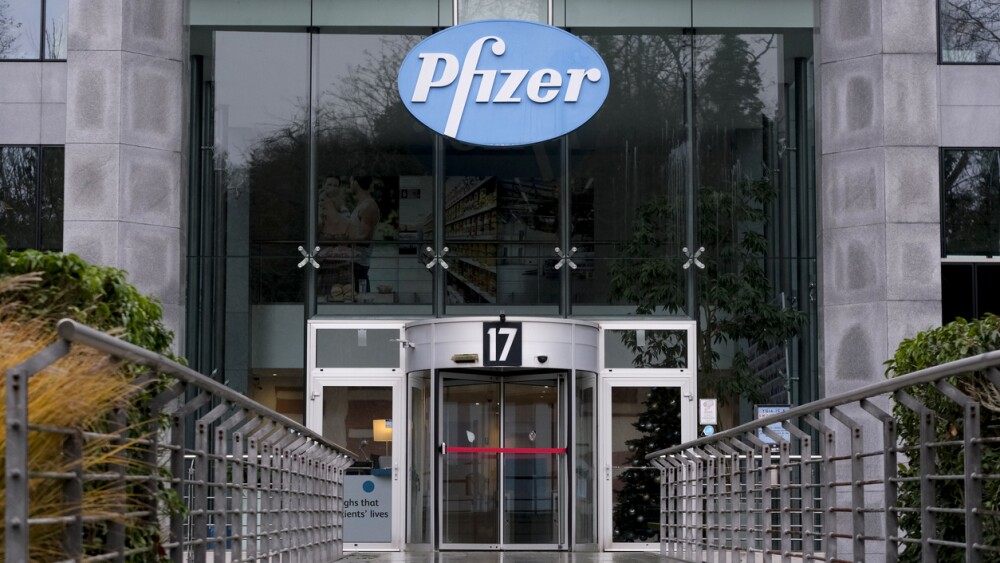Nasus Pharma Ltd a clinical-stage biopharmaceutical company focused on developing a needle-free, powder-based Intranasal (PBI) product portfolio to address acute medical conditions announced positive results from its latest clinical study of intranasal powder-based Epinephrine.
|
|
| [05-December-2023] |
|
Rapid and higher epinephrine absorption- for potentially quicker rescue of patients in anaphylactic shock TEL AVIV, Israel, Dec. 5, 2023 /PRNewswire/ -- Nasus Pharma Ltd a clinical-stage biopharmaceutical company focused on developing a needle-free, powder-based Intranasal (PBI) product portfolio to address acute medical conditions announced positive results from its latest clinical study of intranasal powder-based Epinephrine. 
Nasus Pharma recently completed an additional phase 2 study (NP-006-Epinephrine) confirming the superiority and safety of its lead FMXIN002 Intranasal Epinephrine product. FMXIN002 is an investigational intranasal epinephrine powder spray device that is noninvasive, needle-free, user-friendly and reliable and could provide timely effective rescue for severe potentially life-threatening allergic reactions to food, medications and insect bites. The recent clinical study explored the safety and efficacy of FMXIN002 in its intended clinical dose and provided additional compelling evidence to the robustness of Nasus Pharma intranasal powder technology already tested in a prior pilot study ( Tal, et al. The Journal of Allergy and Clinical Immunology: In Practice 11.10 (2023).). Importantly the pharmacokinetics of the powder-based intranasal epinephrine were able to abate multiple concerns recently raised within the medical community as to the adequacy of other albeit solution-based epinephrine products in development with regards to the protection in the immediate period following anaphylactic shock development: FMXIN002 demonstrated clear and meaningful advantage both in the pharmacokinetic profile of the first 20 minutes and in the number of patients reaching drug plasma clinical threshold of Epinephrine. "The results of NP-006-Epinephrine study are further confirmation of the advantages of our powder intranasal epinephrine in covering the immediate period of anaphylactic shock- both in creating higher levels of Epinephrine in the blood quicker and in creating clinically meaningful epinephrine levels in significantly more patients. FMXIMIN002 can potentially be more effective rescue for the emergency treatment of life-threatening allergic reactions by providing a compact easy-to-use, needle-free device and quicker absorption of Epinephrine," said Dr. Dalia Megiddo, Nasus Pharma CEO. NP-006-Epinephrine study was an open-label, ascending dose, three-period, three-treatment, comparative bioavailability study designed to compare the PK profile ascending doses ( 3.6 and 4mg) of FMXIN002 nasal spray with the current standard of care - an intramuscular epinephrine autoinjector. (EpiPen®, Mylan ) Twelve (12) healthy volunteers received 0.3 mg IM epinephrine via an autoinjector or FMXIN002 and 3.6 mg and 4.0 mg intranasally in weekly intervals. The results demonstrate that the exposure (AUC0-t) and maximum plasma level (Cmax) of both FMXIN002 dosages were comparable to that of 0.3 mg IM injection of epinephrine however a meaningful advantage of intranasal administration was demonstrated at all timepoints up to 30 minutes both in the plasma drug levels and in the number of patients reaching clinical threshold of the drug in the plasma. The exposure at first 4 minutes was significantly higher after FMXIN002 4.0 mg nasal spray compared to EpiPen (AUC0-4). Epinephrine mean plasma levels after 4.0 mg Intranasal at 4 minutes were 5 times higher compared to Epinephrine (27.4 h*pg/ml vs 5.8 h*pg/ml) (p-0.0377). Epinephrine plasma levels after 4.0 mg Intranasal at 10 minutes were 2.3 times higher compared to Epinephrine (64.0h*pg/ml vs 27.4 h*pg/ml) and 160% higher at 20 minutes (111.4 h*pg/ml vs 71 h*pg/ml). Six minutes after dosing FMXIN002 4.0mg nasal spray, 91% of the subjects reached the clinical threshold of 100pg/m plasma epinephrine, while only 55% achieved this threshold after EpiPen administration. The level of 100 pg/mL plasma epinephrine is considered to be the clinical threshold where pharmacodynamic responses begins to occur when treating anaphylaxis. These findings indicate that FMXIN002 can provide an unprecedented quick rescue with a non-invasive easy to use device for life threatening allergic reactions. The treatment was well tolerated. There were no significant side effects and no significant changes in physiological parameters. The pharmacodynamic response was comparable to that of EpiPen. Prof. Yoseph Caraco, the principal investigator at Hadassah medical center added: "In cases of severe life-threatening allergic reaction, the therapeutic time window is very short and immediate rescue with epinephrine is critically required. To ensure immediate response the pharmacokinetics /pharmacodynamics of epinephrine rescue are extremely important. Failure to administer epinephrine promptly has been identified as the most important factor contributing to death from anaphylaxis. Parents and care givers are often hesitant to give injections. Teenagers are averse to carry the bulky two injection package with them at all times and are sadly over-represented in fatality cases. A pocket-size user-friendly nasal inhaler could potentially be the perfect solution for rescue therapy of life-threatening allergic reactions. In addition, the significantly shorter time to therapeutic blood levels and the higher drug exposure in the critical first half an hour imply that FMXIN002 could potentially change the fatality risk associated with anaphylaxis." Udi Gilboa, Executive Chairman of the Board added: "We are extremely encouraged by the data generated by the company up-until today including in this dose-response Phase II trial. "This phase 2 study indicates that powder-based intranasal epinephrine can offer significant clinical advantages, as compared to the currently-available intramuscular route of drug administration and other solution-based intranasal epinephrine programs in development. Powder-based products are also known to have better stability, as compared to the solution-based products. Yet an additional advantage for powder-based formulation of epinephrine, a drug that undergoes rapid degradation in the currently-available short shelf-life liquid dosage forms." About FMXIN002 FMXIN002 is a powder formulation of epinephrine nasal spray developed by Nasus Pharma based on its unique intranasal powder proprietary technology. The company believes that the FMXIN002 may enable people to deliver epinephrine in emergency situations easily, rapidly, and with less hesitation, at the onset of an allergic reaction, as compared to currently available epinephrine auto-injectors. FMXIN002 uses APTAR Nasal Unidose Powder device – an intuitive and easy-to-use device with 360° functionality and precise one-dose nasal drug delivery. Anaphylaxis is a severe, life-threatening allergic reaction with a sudden onset that can occur within a few minutes —and unless treated promptly could be fatal. Some 5 million people in the United States are at risk of having an anaphylaxis reaction. Over 200,000 emergency room visits due to severe reactions from food allergies are reported annually. About Nasus Pharma Intranasal administration is most suitable for those situations in which rapid drug delivery is required and offers multiple advantages such as rapid drug delivery, ease of use, non-invasiveness, and safety. Nasus portfolio comprises a number of programs: Intranasal Naloxone completed pivotal study and Intranasal Epinephrine (phase 2) as well as a number of preclinical POC programs. Contact: Info@nasuspharma.com Logo: https://mma.prnewswire.com/media/1485582/Nasus_Pharma_Logo.jpg
SOURCE Nasus Pharma |




